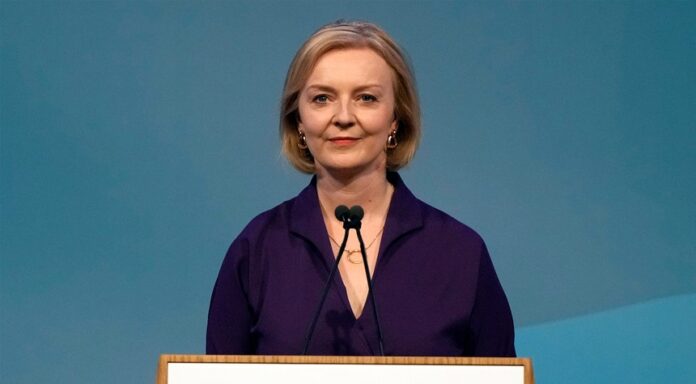Liz Truss was elected leader of the UK’s Conservative Party. After visiting Her Royal Highness at the Balmoral estate in Scotland to meet her, Queen Elizabeth granted Truss permission for her to form a government. On Tuesday, she will take over the role of prime minister.
After barely winning a vote of “no confidence” on June 30, former Prime Minister Boris Johnson gave his resignation to Queen Elizabeth shortly before noon. After several resignations, Johnson’s scandal-plagued government collapsed. Johnson announced his resignation on July 7.
Truss, the ex-foreign secretary, was involved in a bitter leadership contest with Rishi Sunak, former Chancellor of Exchequer. Truss pledged to cancel a planned increase in the corporation tax, reverse an increase in the national institution personal tax and present an emergency budget shortly after she took office. Sunak stated that Truss’s economic proposals would only increase inflation and called her tax-cuts plan “moral failure.”
Truss won the leadership election easily with rank-and-file Tories with 81,326 votes (57.4% from Conservative members) versus 60,399 (42.6%) in Sunak’s favor.
Fox News:
The transfer of power is normally done at Buckingham Palace in London. However, it is being held in Scotland to ensure a quick process and limit travel by the 96-year-old queen.
Johnson stated that he would be retiring from politics and compared himself to a Roman dictator who went to farming after resigning.
Johnson stated, “Like Cincinnatus, I am returning to the plow,” Johnson stated, “And I will offer this government nothing but my most passionate support.”
Truss’s platform was very vague. It promised to cut taxes and do something about energy prices, as well as address the main issue of a declining standard of living. The Wall Street Journal points this out: Truss has much bigger problems.
The rate of productivity growth has fallen to half that it was in 2000, real wages have dropped, the pound has reached record lows, and the growing population is putting increasing pressure on public services. This is despite the government trying to curb excessive public spending during the Covid-19 pandemic.
Britain’s withdrawal from the European Union has made it difficult for Britain to trade with its largest trading partner. Furthermore, immigration restrictions have prevented access to cheap European labor. This has led to a worsening of the European labor shortage.
Inflationary double whammy: The combination of an energy crisis and a labor crunch.
Since Margaret Thatcher’s election in the 1980s, Britain’s economy has not been in such dire straits. If Truss cannot make a significant improvement to the situation, a vote before the 2025 election is possible.
The British Labour Party remains in chaos after the disastrous leadership of Jeremy Corbyn who led the worst Labour defeat since the 1980s, three years ago. The Labour Party doesn’t offer much challenge, even if they have to face voters before 2025.




